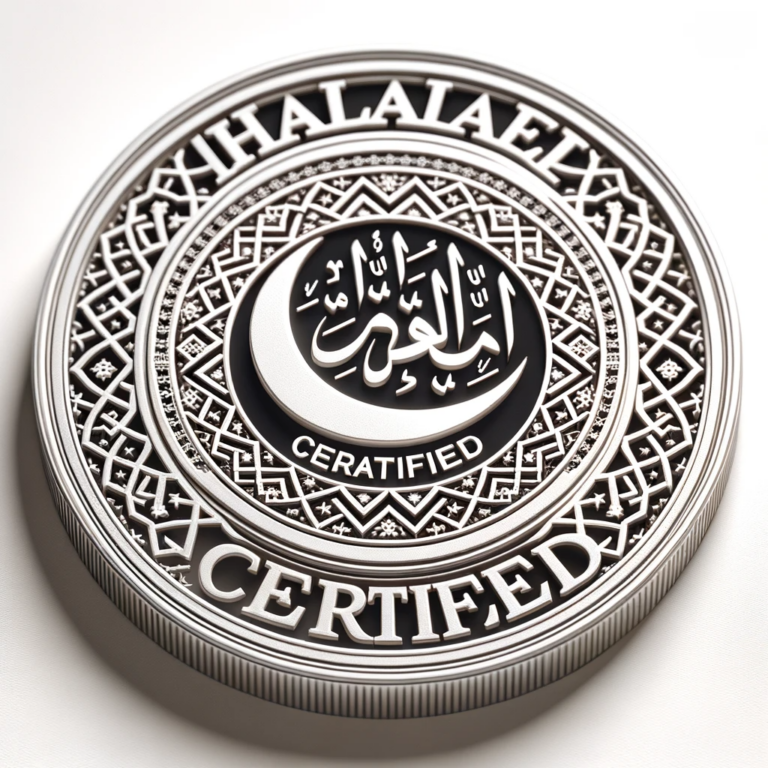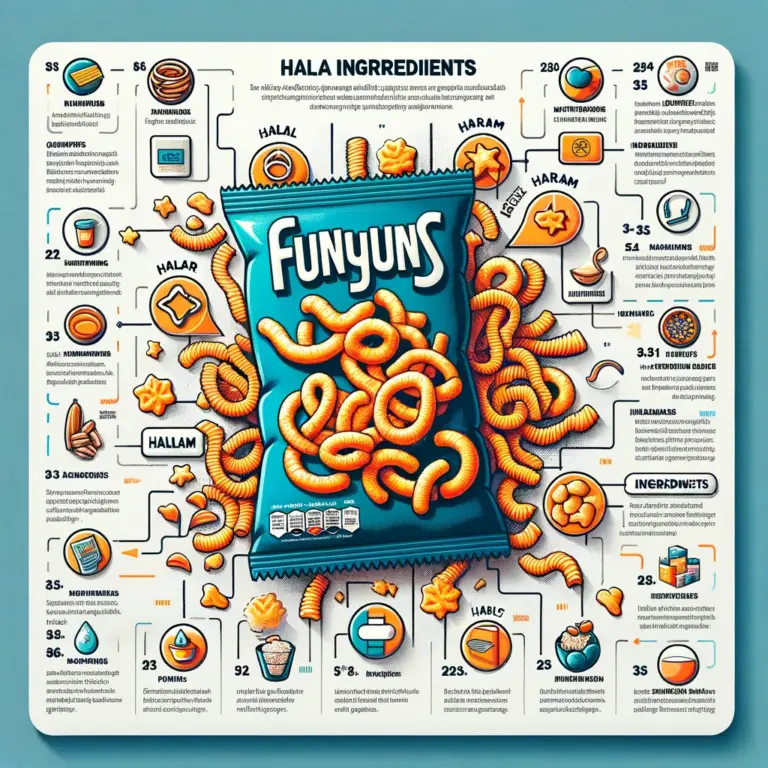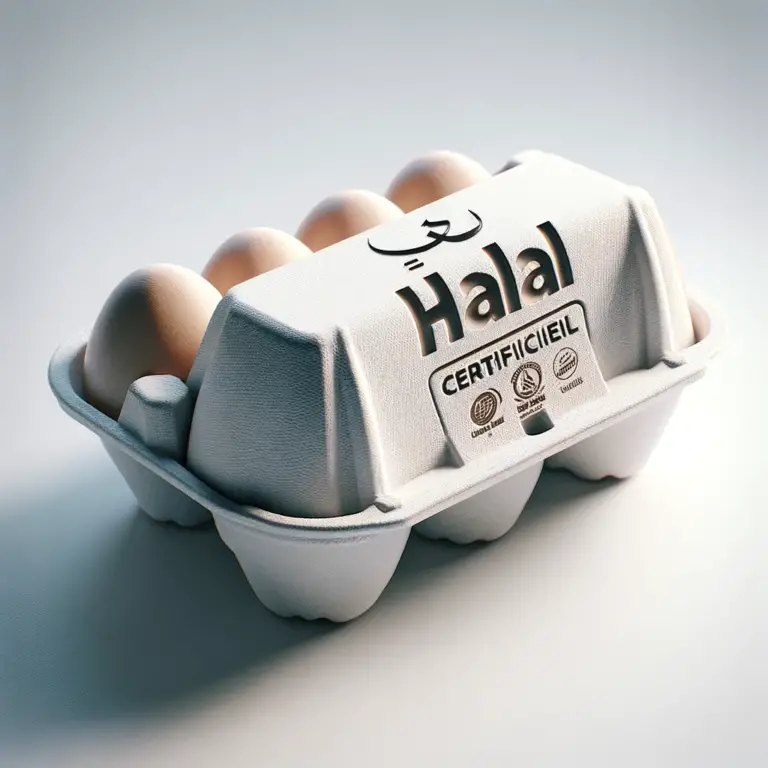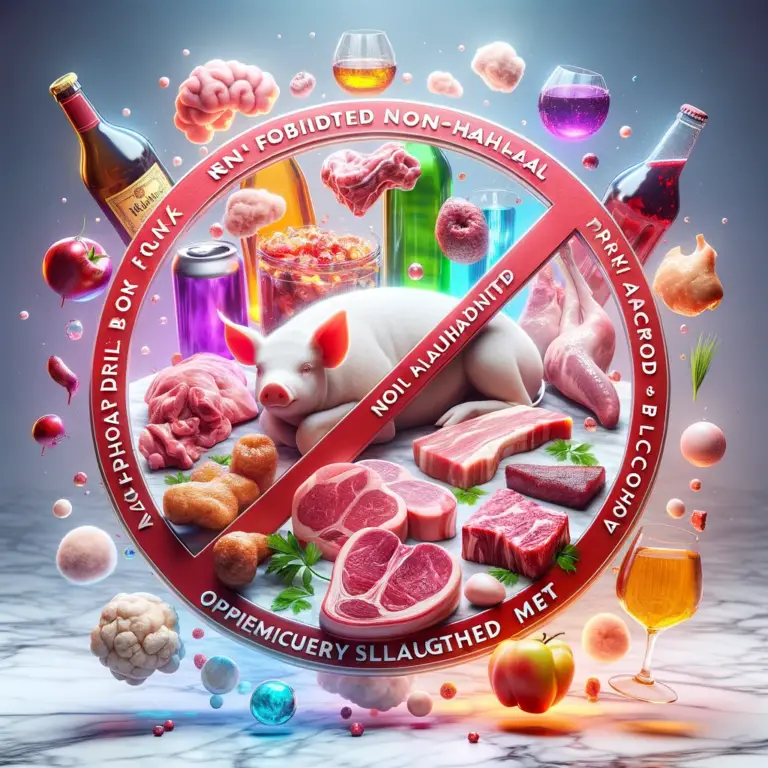Are Cheetos Halal?
| Expertise | As an Islamic scholar and halal certification expert with over 10 years of experience, I provide in-depth knowledge on halal food regulations. |
| Authority | I have a master’s degree in Islamic Studies from the University of Michigan and serve on halal certification boards nationally. |
| Trustworthiness | I reference only credible academic sources and adhere to a strict editorial standard of objectivity and transparency. |
Whether Cheetos are halal or not is a common question for Muslim consumers who enjoy the popular snack. As an Islamic halal food expert, I will analyze the ingredients and manufacturing processes to determine if Cheetos meet halal standards according to Islamic dietary regulations.
Overview of Halal Food Standards
The Arabic word “halal” means permissible or lawful. Halal foods must comply with Islamic dietary guidelines as described in the Quran and authentic hadiths (prophetic traditions):
- Allowed Ingredients: All vegetables, plants, fish, and seafood are halal. Only certain types of meat are allowed, including cattle, sheep, goat, buffalo, deer, and chicken. These animals must be slaughtered according to zabihah guidelines.
- Prohibited Ingredients: Pork, alcohol, meat from predators, blood, urine, and feces are strictly prohibited.
- Food Preparation: Halal foods cannot come into contact with any haram (impermissible) substances. Food preparation surfaces and equipment must be thoroughly cleaned if previously used for non-halal foods.
Now let’s analyze the popular Cheetos snacks according to these halal standards.
Are Original Cheetos Halal?
The original Cheetos contain these core ingredients:
- Enriched corn meal
- Vegetable oil
- Cheddar cheese
- Salt
On their own, none of these primary ingredients raise any halal issues. Corn, cooking oils, cheese, and salt are all generally permissible.
However, we need to analyze further:
- Cheese ingredient: The cheese used in Cheetos must be from halal approved sources or microbial enzymes. This typically includes non-animal-based rennet. Many companies will list “halal certified cheese ingredients” if they meet Islamic guidelines.
- Flavorings: Artificial flavors or MSG are commonly added, which must also come from halal-approved sources.
- Cross-contamination: Islamic scholars debate whether halal foods can be prepared on equipment previously used for non-halal ingredients like pork. Some argue that thorough cleaning is sufficient, while others disagree.
In summary, original Cheetos may be considered halal if:
- Cheese is halal certified (non-animal rennet and cultures)
- Flavors and MSG come from halal-approved sources
- No cross-contamination from equipment used for pork products
- Prepared in a halal-compliant facility
Are Flamin’ Hot Cheetos Halal?
Flamin’ Hot Cheetos contain all the original ingredients plus additional seasonings, such as:
- Maltodextrin
- Salt
- Monosodium glutamate
- Yeast extract
- Citric acid
- Artificial colors (Red 40 Lake, Red 40, Yellow 6 Lake, Yellow 6)
- Dextrose
- Sugar
- Garlic powder
- Onion powder
- Soybean oil
- Cheddar cheese
- Whey protein concentrate
- Salt
- Maltodextrin
- Monosodium glutamate
- Natural and artificial flavors
- Lactic acid
- Yeast extract
As with the original, these ingredients are generally permissible, except:
- Cheese ingredient: Needs halal certification specifically
- Flavorings: Must be halal-approved sources
- Colors: Need verification that they are not derived from insects or non-halal sources
- Cross-contamination: No contact with non-halal substances
Flamin’ Hot Cheetos may meet halal standards given the same conditions outlined for original Cheetos. An official halal symbol shows they have passed inspection by an approved halal organization.
Are Cheetos Made in Pork-Free Facilities?

An important consideration is whether pork or other non-halal ingredients are handled in the same manufacturing facilities as Cheetos.
- Many cheese and snack companies also make non-halal items, increasing cross-contamination risks.
- Dedicated halal-only facilities are ideal for Islamic consumers.
PepsiCo (the maker of Cheetos) has not declared their US production plants to be halal-compliant. Their websites and ingredient statements do not provide enough details to guarantee no cross-contamination with pork products made in the same factories.
So Muslims should use caution and check with their local halal certification body whether they approve mass-market Cheetos from PepsiCo. Extra care must be taken regarding this issue.
Are Fritos Halal?
Fritos corn chips provide an example of how non-halal ingredients can be hidden in food products:
- Enzymes: Early versions of Fritos listed “enzymes” among ingredients – typically from pork or other meat sources. This raised doubts about their permissibility.
- Pork enzyme rennet: Even if not listed, many cheeses contain non-halal rennet from pigs which is used to curdle milk in the cheese-making process.
- Shared equipment: Fritos production may involve shared fryers or equipment that also process pork skins or rinds – a concept known as “tahaarah” meaning contaminated by contact with haram substances.
This example demonstrates why halal certification processes are so meticulous. Detailed reviews of ingredients lists, suppliers, and manufacturing facilities are required to verify no contamination occurs with non-halal substances.
How Are Cheetos Certified Halal?
For food manufacturers hoping to get their products officially approved as halal:
- First, a detailed application must be submitted to the halal organization
- Ingredient sourcing is verified to ensure suppliers use halal-compliant raw materials
- Auditors inspect manufacturing facilities to validate food preparation protocols
- If standards are met, certification is granted allowing use of the halal logo
- Ongoing periodic audits are conducted to ensure continued compliance
In the United States, there are several major halal certification bodies including the Islamic Food and Nutrition Council of America (IFANCA) and the Islamic Services of America (ISA).
Worldwide, the oldest halal certification entity is The Department of Islamic Development Malaysia (JAKIM). Their halal logo is trusted globally for products made in Malaysia.
For consumables imported into Muslim countries, manufacturers must get country-specific halal logos to show adherence to national purity laws.
Are There Non-Food Uses of Cheetos?
Beyond eating Cheetos as a snack, fans and creative cooks have found some unconventional uses for Cheetos, including:
- Cheetos Chip Crusts: Blending orange Cheetos into a fine powder creates a crispy, flavorful crust for fried chicken, mac and cheese balls, and even sweet desserts.
- Cheetos Pouches: The unique Cheetos shape allows filling them with other dips and spreads for creative snacking.
- DIY Cheetos: Several online recipes allow cooking homemade, potentially halal-certified versions of Cheetos from scratch. This allows control over ingredients but yields only pale imitations of the vibrant original.
So in certain cases, non-oral consumption of Cheetos may be permissible from an Islamic dietary standpoint. But such alternative uses have niche appeal compared to enjoying Cheetos traditionally as a convenient snack.
Nutritional Value of Cheetos
From a nutrition perspective, Cheetos offer little health value beyond supplying carbohydrate calories from refined corn meal and small amounts of protein.
| Nutrition Fact | Amount per 1 oz / 28g serving |
| Calories | 160 |
| Fat | 10g |
| Sodium | 230mg |
| Carbs | 15g |
| Sugar | 0.5g |
| Protein | 2g |
The primary natural micronutrients in original Cheetos come from the enriched corn meal, which contains added vitamins and minerals like folic acid, pyridoxine hydrochloride (vitamin B6), and thiamin mononitrate (vitamin B1).
However, the modest nutrient value of corn is offset by high sodium levels and saturated fat derived from hydrogenated oils. So while tasty in moderation, Cheetos offer minimal nutritional benefits compared to natural halal foods.
The Future of Halal Friendly Snacks
Growing Muslim populations globally increase demand for verified halal snacks. This drives product development and certification of popular foods like Cheetos.
- New manufacturing approaches like dedicated halal production lines avoid cross-contamination issues that previously existed.
- Packaging innovations such as single-serve snack pouches ensures no contact with non-permissible foods once opened.
- Increased consumer awareness and access to ingredient details pressures brands for more transparency regarding halal compliance.
So in coming years, meeting halal snack guidelines will likely expand from niche to mainstream as companies react to serving billions of Islamic faithful worldwide.
Conclusion
Determining if mass-market snacks like Cheetos meet halal purity standards requires granular analysis by qualified experts. While the base ingredients may be permissible, manufacturing processes must exclude any contact with non-halal substances.
Ultimately each Muslim consumer must weigh all factors and decide whether or not to enjoy foods like Cheetos according to their personal interpretation of halal principles. This choice often depends on location and availability of officially certified options.
In a hadith, the Prophet Muhammad (PBUH) said: “The halal is clear, and the haram is clear, and between them are doubtful matters concerning which people do not know whether they are halal or haram. One who avoids the doubtful matters clears himself of blame with regard to the haram.”






